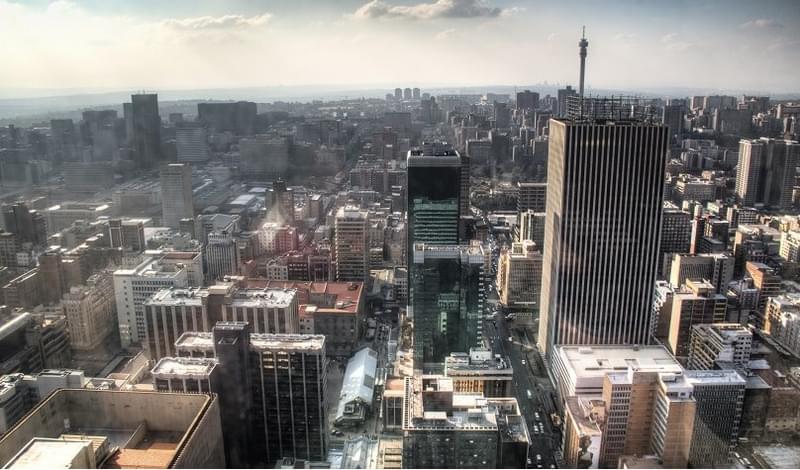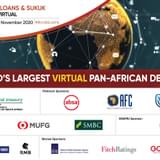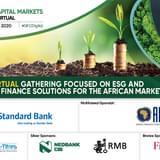There has been little activity from South African corporates in the debt sphere since the sovereign issued US$1.25bn in April.
According to data from Bloomberg, Q2 corporate bond sales are down 15% from the year before at SAR20.8bn (US$1.32bn). This is in comparison to the 10% decline in corporate bond sales across the whole emerging market space.
S&P Global Ratings is due to review the country’s credit rating on June 3 after Moody’s lowered the sovereign’s outlook earlier in May to negative. Despite concerns over the potential for a downgrade, rating action is unlikely to affect corporate willingness to tap the markets.
“It really has nothing to do with an impending rating downgrade and more to do with current economic conditions,” said Jason Lightfoot, Portfolio Manager at Futuregrowth Asset Management, adding that the unwillingness of the country’s corporates to access foreign capital is not a recent issue but part of a broader trend seen over the past 18 to 24 months.
The South African Reserve Bank in May lowered its predictions for economic growth this year to 0.6%. The country’s economy has been negatively affected by the lower price of, and weakened demand for commodities, which has been compounded by a prolonged drought.
This has affected the performance of the country’s debt. South Africa’s 10-year sovereign bonds have risen 32bp this quarter to 9.44%, the second highest after Turkey out of 23 emerging markets tracked by Bloomberg.
The cost of insuring South African debt against default over the next five years is also higher than similar insurance on Turkish and Russian debt, both of which have a lower credit rating than the former. South Africa is currently rated BBB- by Fitch and S&P Global Ratings and Baa2 by Moody’s. Fitch retains a stable outlook, whilst the other two hold negative outlooks.
“Given the economic climate, most corporates have put large expenditure programmes on hold. A few corporates have in fact been sitting on cash as an alternative strategy to shore up their balance sheets in uncertain times,” Lightfoot noted. “Regarding the economic situation, most corporates are adopting a ‘wait and see’ approach.”
He added that those that are tapping the markets are relying on existing relationships where there is relative certainty of acquiring liquidity and more favourable terms.









